Richard* had his first heart attack at the age of 42. Three years later he suffered a stroke. His right carotid artery was totally blocked, and his left carotid artery was 27% blocked, so he underwent bypass surgery. After surgery he followed the usual advice of decreasing sugar and fat, and eating less meat.
But it wasn’t enough. Eventually his left carotid artery became blocked again and he was having daily angina.
What was next? Another bypass? No. His doctor gave him the devastating news. His disease had progressed to the point where there was nothing else they could do. His life was over, or would be very soon.
About this time his daughter, who had experienced her own early heart attack at the age of 37, found and read the book “Prevent and Reverse Heart Disease” by Dr. Caldwell B. Esselstyn, Jr. She shared the information with her father, and together they fully committed to a whole food, plant-based diet.
They made some dramatic changes to their diet. No more animal foods, including meat, dairy, fish and eggs. They learned to cook delicious meals from whole grains, vegetables, legumes, lentils, and fruit, without added oils.
It was a big change. Was it worth it?
Within one month Richard’s angina completely disappeared.
Over 4 months he lost 41 pounds, returning to his wedding weight of 53 years earlier.
Many months later his left carotid artery disease had reversed from 80-90% blockage to 50-69%.
At the age of 74 he feels great! “He is too busy living to think about dying.”
How many people do you know that are concerned about heart disease? Your father? Your mother? Your spouse? An Aunt or Uncle?
Yourself?
Heart disease (or cardiovascular disease) is the number one killer of men and women. If it is not on your “radar” today, it could be in a few years, and some would argue that it should be now.
Fortunately, Richard’s experience with reversing heart disease is not an isolated case. There is much we can do to prevent it and live a long, healthy and happy life.
Food is powerful.
What we eat fuels our cells and sends a message. It tells our body to power and repair itself, or it s-l-o-w-l-y tears it down.
We may not feel the effects of the Standard American Diet, loaded with meat, dairy and processed oils, until we are in our late 30s, 40s or 50s. Then come the statins and surgeries, most of it unnecessary.
Personally, I want to be healthy as I age. I bet you do too.
The no oil, whole food, plant based diet taught by Dr. Esselstyn is proven to prevent and reverse heart disease. If you have a family history of heart disease, or have been warned by your doctor that you are headed for a statin, I would encourage you to give it consideration and take action.
In a study conducted on 198 patients with cardiovascular disease, only ONE of the 177 patients that adhered to the dietary recommendations of Dr. Esselstyn experienced a recurrent event – a stroke. Of the remaining 21 patients that did not adhere to the diet, 13 of them experienced adverse events, despite being on prescription drugs for their condition.
Statins and surgeries are often not enough.
So what changes it is time to make?
What is holding you back?
Take control of your health by taking a good look at the food on your plate. Is it mostly plants? This includes beans, lentils, greens, other vegetables, fruit and whole grains.
As you explore new foods and eat better, your cravings will change. You’ll surprise yourself by wanting a kale salad instead of meat and potatoes, a green juice instead of soda. (Really!)
What is one food swap you can make today to eat more dark leafy greens, whole grains, beans and vegetables?
If you find it difficult to stick to your resolve to eat better, enlist the support of a friend, spouse or relative. Or work with a certified health coach that can help you address your unique dietary needs so you can reach your health goals.
Heart disease doesn’t have to be in your future. You can prevent and even reverse heart disease with what you eat.
*This name is fictional, but it is the real story of “R.M.” of New Foundland, Canada, as reported in Experimental & Clinical Cardiology, July 2014.

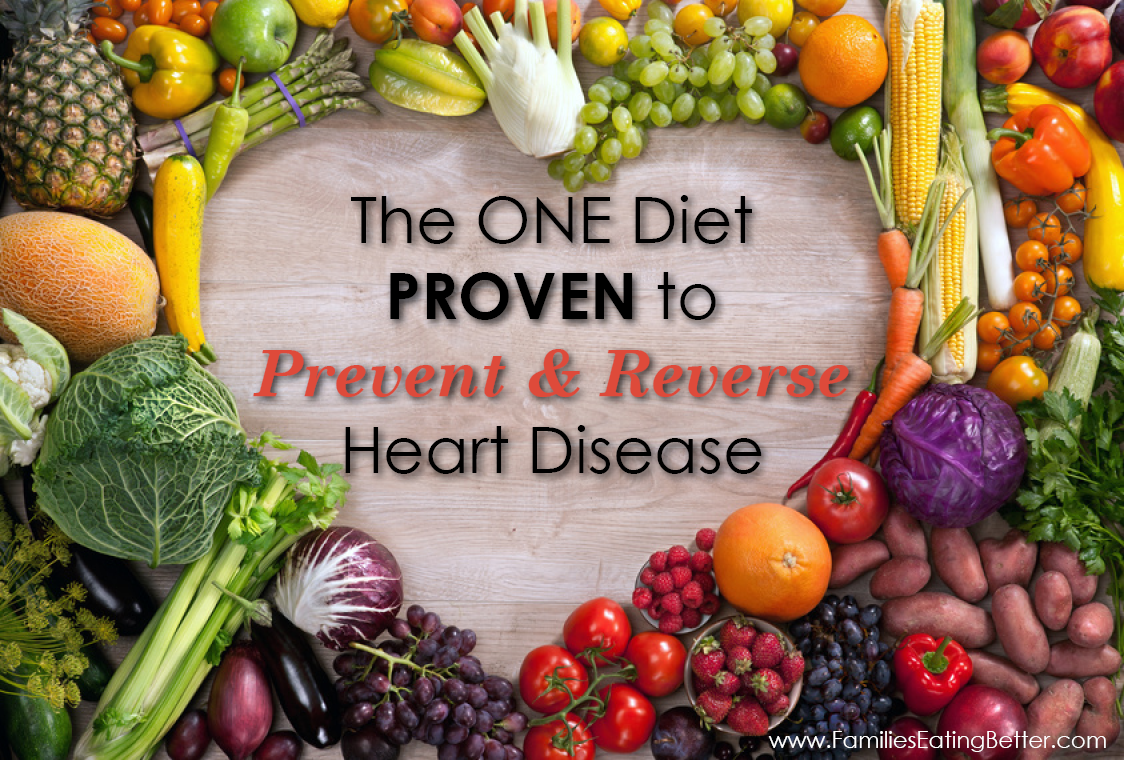

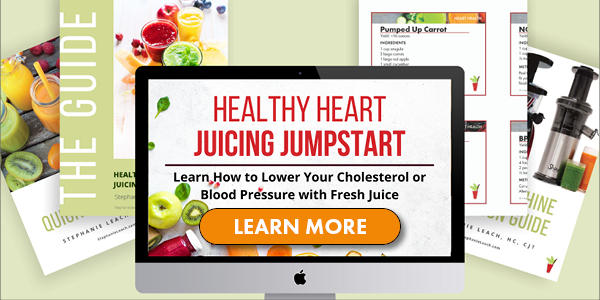

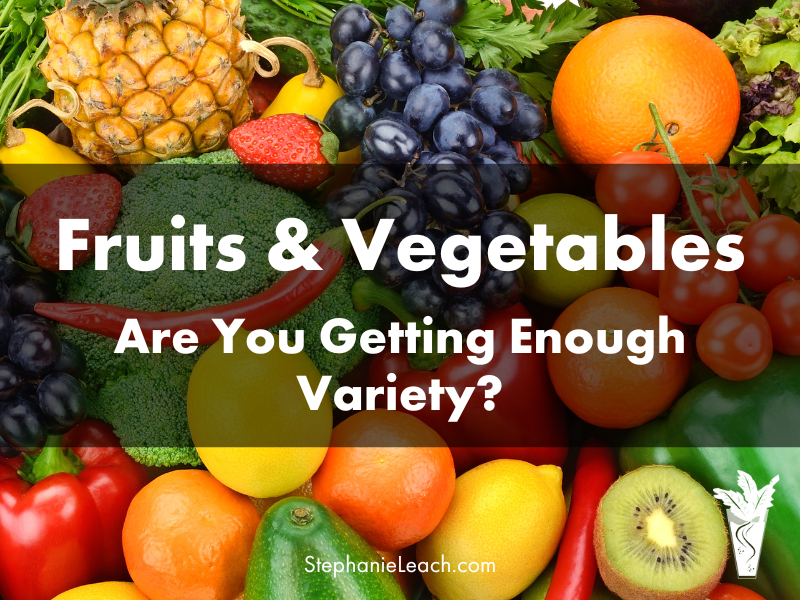

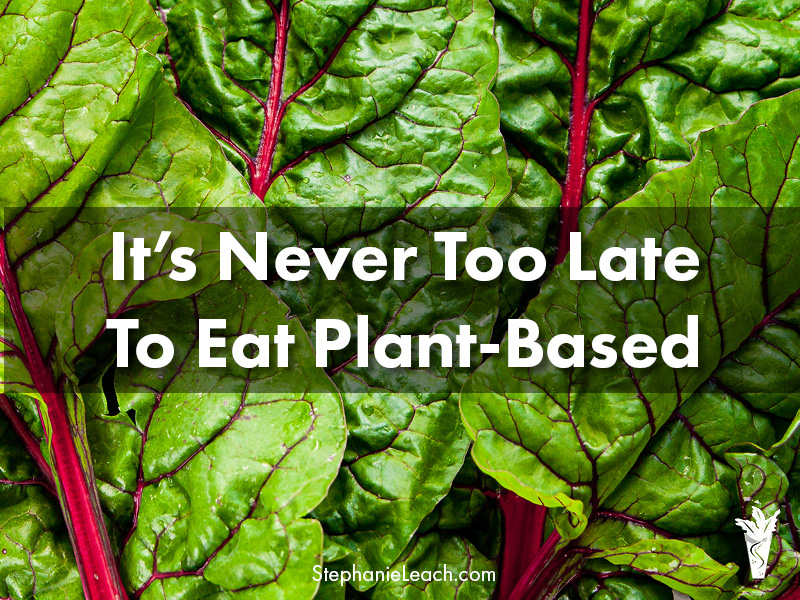

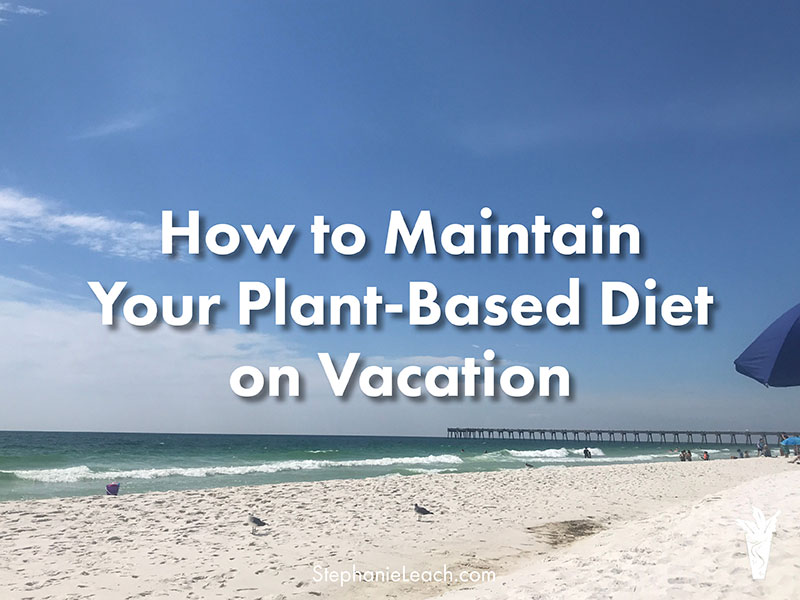
Leave A Comment